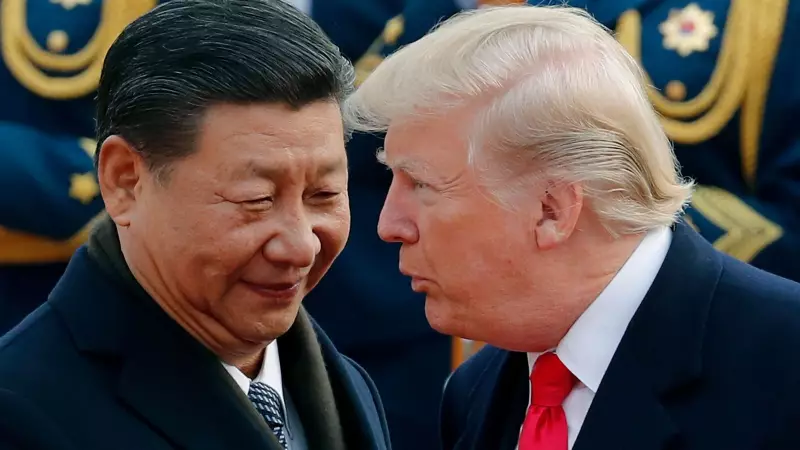
The upcoming meeting between former President Donald Trump and Chinese leader Xi Jinping is sending ripples across global markets, with India positioned at a critical juncture in this high-stakes geopolitical drama. As the two economic giants prepare for their summit, Indian policymakers are closely monitoring developments that could significantly impact the nation's economic trajectory.
The Tariff Tango: US-China Trade War Escalation
Recent months have witnessed a dramatic escalation in trade tensions between Washington and Beijing. Trump's administration has floated the possibility of imposing sweeping tariffs exceeding 60% on Chinese imports, a move that could fundamentally reshape global supply chains. Meanwhile, China has been preparing countermeasures that would affect numerous sectors where Indian exports compete directly.
India's Strategic Dilemma
For India, this situation presents both significant challenges and unexpected opportunities. On one hand, increased US tariffs on Chinese goods could open doors for Indian manufacturers to capture market share in sectors like textiles, electronics components, and pharmaceuticals. However, potential Chinese retaliation could harm Indian exports that currently benefit from access to China's massive consumer market.
Economic Implications for Indian Industries
The ripple effects of the Trump-Xi dynamic extend across multiple Indian sectors:
- Manufacturing: Companies positioned to benefit from supply chain diversification away from China
- Information Technology: Potential changes in global tech spending patterns
- Agriculture: Shifting commodity prices and export opportunities
- Pharmaceuticals: Both competitive pressures and new market access possibilities
Diplomatic Tightrope Walk
New Delhi faces the delicate task of maintaining relationships with both economic superpowers while protecting India's sovereign interests. The government must navigate between avoiding entanglement in US-China disputes while securing favorable trade terms with both nations. This balancing act requires sophisticated diplomacy and clear-eyed assessment of India's long-term economic priorities.
Looking Ahead: Strategic Recommendations
Economic analysts suggest several key strategies for India:
- Accelerate trade agreement negotiations with other major economies
- Strengthen domestic manufacturing capabilities through production-linked incentives
- Diversify export markets to reduce dependency on any single nation
- Invest in trade infrastructure to handle potential shifts in global logistics patterns
The outcome of the Trump-Xi meeting could determine global trade dynamics for years to come. For India, proactive policy measures and strategic positioning will be crucial in turning geopolitical challenges into economic advantages. As the world watches the two leaders negotiate, Indian businesses and policymakers must prepare for multiple scenarios in this rapidly evolving international landscape.






